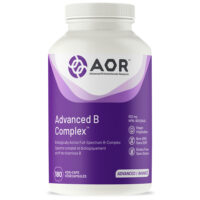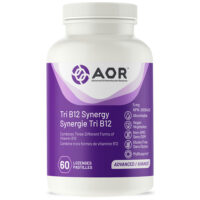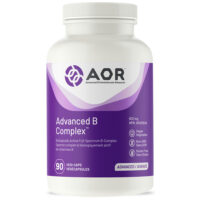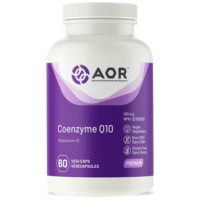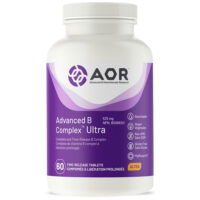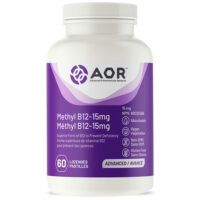Got Milk? Raw milk, that is? There is an interesting debate between proponents and opponents of raw milk who have been asked this question: Is raw milk suitable for children? Before you weigh in with your verdict, here are the nuts and bolts of why this subject has become so intense.
The basis upon which these two sides cannot agree has to do with pasteurization. Raw milk has bacteria, but so does pasteurized milk. The difference is that the E. coli bacteria found in raw milk is less prevalent than in milk that has been pasteurized. Research has shown that children who are given raw milk develop a resistance to such diseases as pneumonia, tuberculosis, diphtheria, and other related illnesses. While we know that there is a high level of calcium in milk, scientists found that the growth of children drinking raw milk was far superior to those who did not ingest raw milk.
If you think about countries such as Africa, for example, part of the Masai’s diet is goat’s milk. In other countries and regions where people rely on cows and other animals to provide nutrients, raw milk is at the top of the list.
While it is true that cows should be healthy and the milk should be fresh, scientific data has proven that raw milk has been found to be good for children, and that it contains high concentrations of calcium, iodine, and protein which are essential components in promoting good health.
On the other side of the aisle are the opponents of raw milk who strongly suggest that raw milk is as bad as poison. Their rationale is that children develop tuberculosis which is caused by the germs contained in raw milk. While scientists generally discount this theory, there was a study which disclosed that one child out of seventy developed this disease. The research goes on to admit that fourteen children who drank pasteurized milk, however, developed TB.
There is another part of the equation that these debates inject. According to opponents, farmers would have to purchase machinery to process the raw milk. What if they can’t afford to? Proponents would counter with this argument: what did everyone do before Louis Pasteur came along?
While we know that pasteurization removes some nutrients and good bacteria, there is no scientific data that suggests raw milk is a bad thing. As a matter of fact, the data indicates that children and adults have become ill from drinking pasteurized milk as opposed to raw milk.
So there’s the debate in a nutshell. Considering that so much research has been done to explain the effects of raw milk versus pasteurized milk, it seems possible that this discussion is largely based on a political agenda and not the nutritional benefits derived therein.


